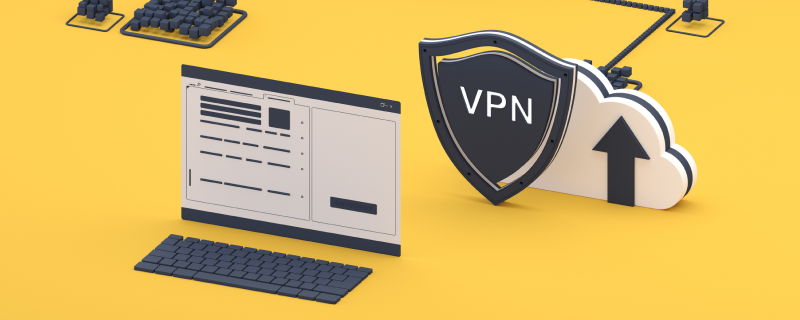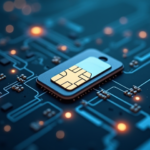Demystifying VPNs for Everyday Users
Virtual Private Networks, or VPNs, have gained considerable popularity over the past few years. With increasing concerns about online privacy and security, VPNs have become an essential tool for many internet users. But what exactly is a VPN, and why might you need one? In this post, we’ll explain the basics of VPNs and discuss their key benefits, helping you decide whether a VPN is the right tool for your online activities.
What is a VPN?
A VPN is a service that creates a secure, encrypted connection between your device and the internet. By routing your internet traffic through a remote VPN server, a VPN masks your IP address and shields your online activities from prying eyes. This makes it much more difficult for third parties, such as hackers, governments, or your internet service provider (ISP), to monitor or intercept your data.
Key Benefits of Using a VPN
- Enhanced privacy and security: A VPN encrypts your internet connection, making it difficult for hackers, ISPs, or other third parties to access your data. This is particularly useful when using public Wi-Fi networks, which are often vulnerable to cyberattacks.
- Bypassing geo-restrictions: VPNs allow you to connect to servers in different countries, enabling you to access content that may be restricted in your region. This is particularly useful for streaming services like Netflix or Hulu, which have different content libraries based on geographic location.
- Circumventing internet censorship: VPNs can help you bypass internet censorship imposed by governments, schools, or workplaces. By connecting to a VPN server in a different country, you can access websites and services that may be blocked in your region.
- Safe P2P file sharing: Using a VPN while engaging in P2P file sharing can help protect your privacy and prevent your ISP from throttling your connection speed.
- Improved online anonymity: By masking your IP address, a VPN makes it harder for third parties to track your online activities or associate them with your identity.
Do I Need a VPN?
Whether or not you need a VPN depends on your specific needs and priorities. If you value your online privacy and security, want to access geo-restricted content, or need to bypass internet censorship, a VPN can be an invaluable tool. Additionally, if you frequently use public Wi-Fi networks, a VPN can help protect your data from potential threats.
Choosing a VPN Provider
When selecting a VPN provider, it’s crucial to prioritize the following factors:
- Security and privacy: Opt for a provider with a strong commitment to security, a strict no-logs policy, and robust encryption protocols.
- Server network: Choose a VPN with a large server network to ensure optimal performance and access to a wide range of content.
- Speed and reliability: Look for a provider with a reputation for fast, consistent connection speeds.
- Ease of use: Select a VPN with user-friendly software and strong customer support.
Conclusion
VPNs offer numerous benefits, including enhanced online privacy and security, access to geo-restricted content, and the ability to bypass internet censorship. Whether or not you need a VPN depends on your specific needs and priorities, but for many internet users, a VPN is an essential tool for navigating the modern digital landscape. By choosing a reputable VPN provider and using the service responsibly, you can enjoy the benefits of a VPN with confidence.





